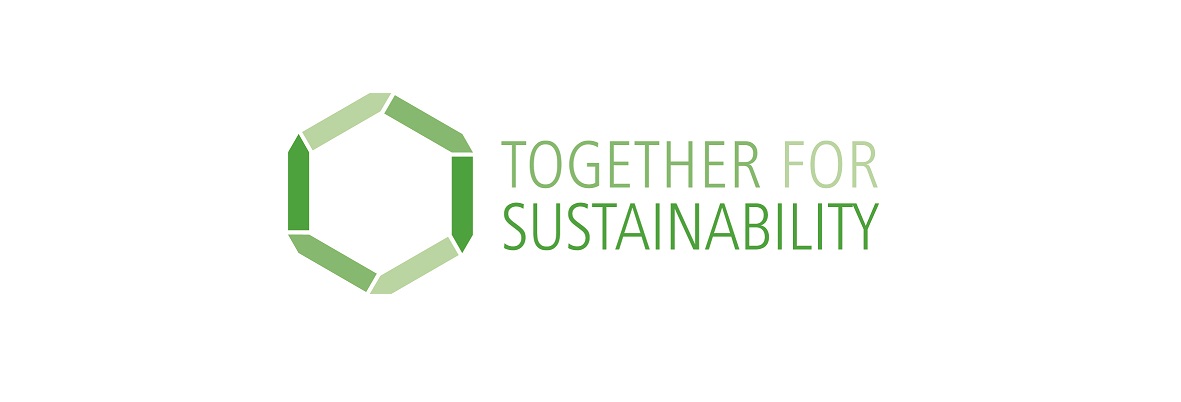PROCUREMENT
SABIC’s supplier screening emphasizes safe working conditions, anti-corruption, human rights, and environmental responsibility.
- Customer Centricity
- Innovation and Sustainability Solutions
- Product Stewardship
- Our Manufacturing Assets
- Digitalization
- Cybersecurity
- Environment, Health, Safety, and Security
- Climate Change and Resource Efficiency
- Supply Chain
- Procurement
- Raw Materials
- Our People
- Toward Saudi Vision 2030: Driving Local Content
- Communities
- Ethics, Compliance, and Human Rights
Diligent supplier screening ensures a sustainable supply chain and that the organization meets procurement requirements, allowing SABIC to comply in areas such as safe working conditions, anti-corruption, human rights, and environmental responsibility. We push for increasing localization to promote small and medium-sized enterprises (SMEs) and Saudi companies in the supply chain to advance Saudi Arabian infrastructure, boosting our export capability, while also maintaining a healthy network of suppliers across our global locations.
We procure materials and services from qualified suppliers through lawful, ethical, and fair practices, as specified by the SABIC Code of Ethics. Our suppliers must meet our technical, quality, EHSS, and social responsibility standards. All contracts with our suppliers are governed by the SABIC sustainable procurement policy, which has been developed in compliance with legal and ethical standards. In addition, we have a Supplier Code of Conduct, impressing behavioral and operational best practices on our suppliers.
TOGETHER FOR SUSTAINABILITY (TfS)
In 2023, SABIC joined Together for Sustainability (TfS), a procurement-driven initiative created by chemical companies with the goal of assessing, auditing, and improving sustainability practices within their supply chains. By joining TfS, SABIC is gaining access to established methodologies and infrastructure that will help accelerate the implementation of its sustainable procurement strategy. This initiative also highlights the importance of collaboration within the industry, especially in increasing transparency on upstream value chains to support further reductions in GHG emissions.

Our new screening methodology, which will come into effect from 2024, develops our supplier value chain against sustainability criteria through a TfS assessment and auditing program. This is in addition to the mandatory requirement to comply with all applicable laws, rules, regulations, and the SABIC Supplier Code of Conduct.
Supplier Assessment Metrics
| Year |
|
2023 | 2022 | 2021 | 2020 | 2019 |
|---|---|---|---|---|---|---|
| New suppliers through SLM | 1,377 | 1,980 | 1,998 | 1,697 | 2,528 | |
| Suppliers removed from SLM | 42 | 81 | 206 | 465 | 732 | |
| Total suppliers through SLM | 33,591 | 32,254 | 30,355 | 28,563 | 27,318 | |
| Suppliers assessed through TfS-EcoVadis | 167 | |||||
| Suppliers audited through TÜV | 165 | |||||
| Suppliers qualified through TÜV | 115 |
SLM: SABIC Supplier Life Cycle and Performance Management program
Read more about our approach to procurement and details of our supplier screening during 2023.
Disclaimer: This abridged interactive version of the SABIC Integrated Annual Report 2023 is based on the original PDF report published on this website. In case of any discrepancy, the original PDF report will prevail.
